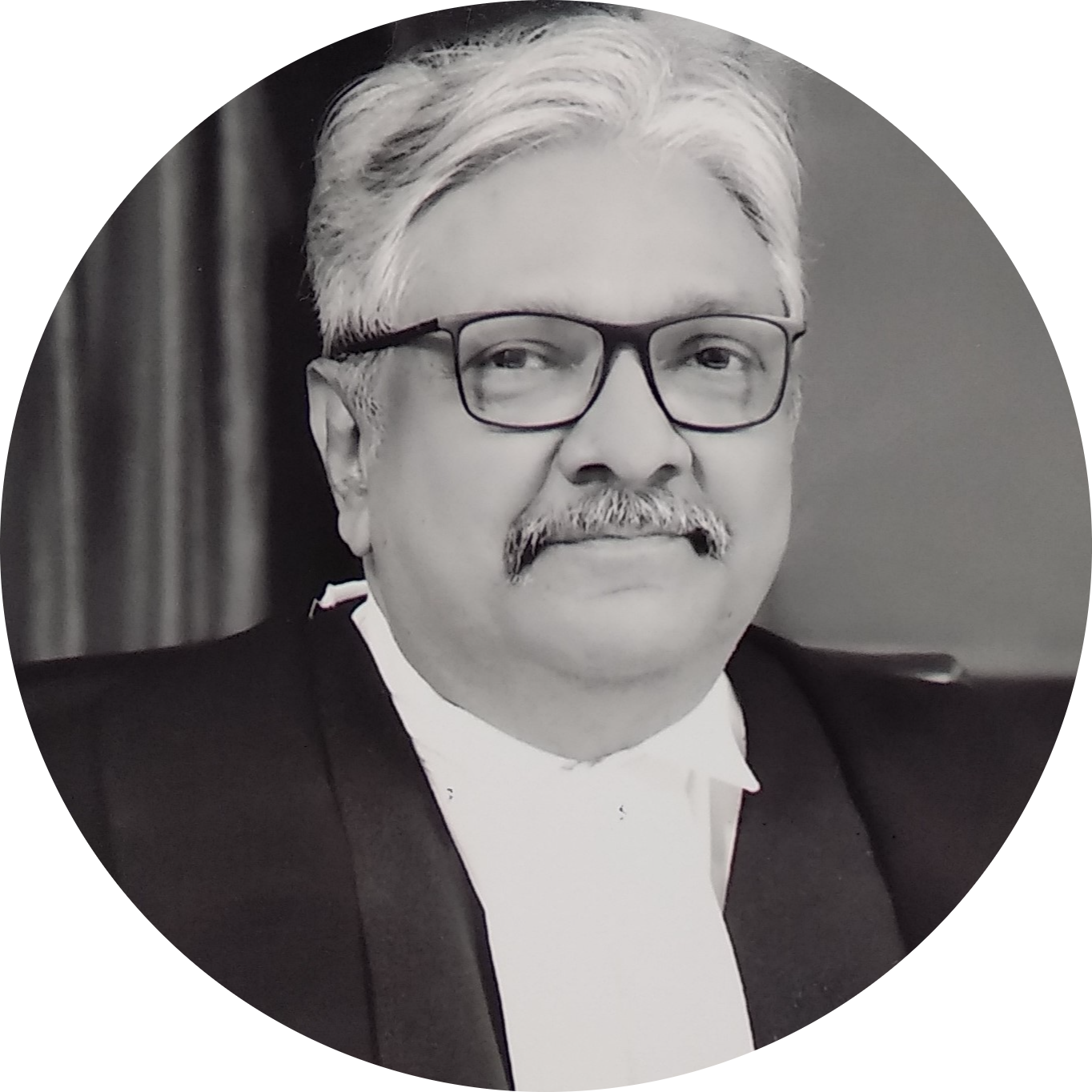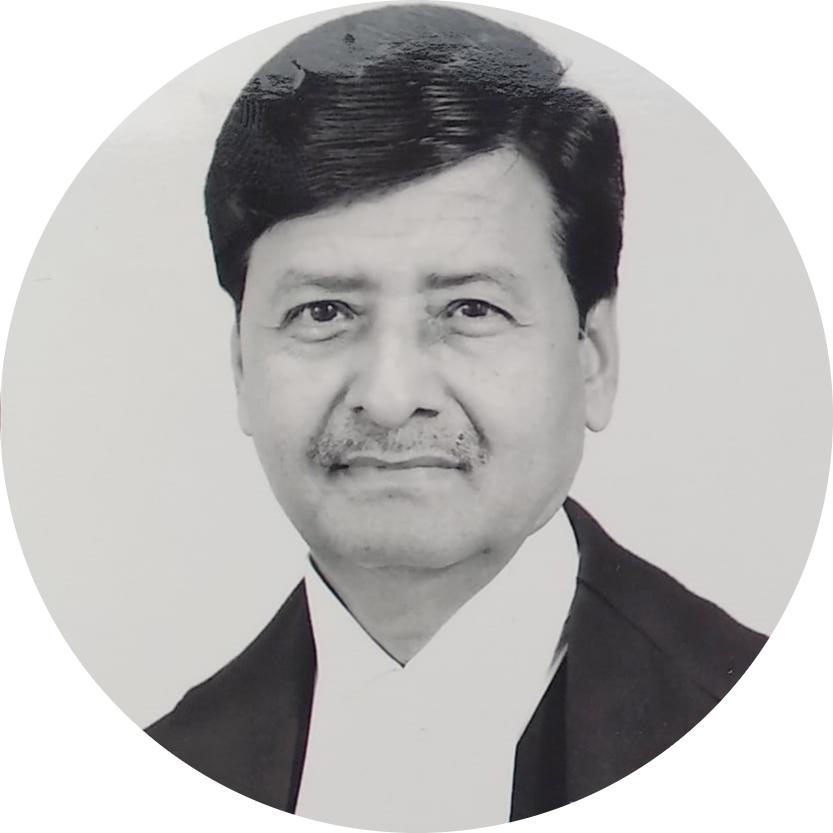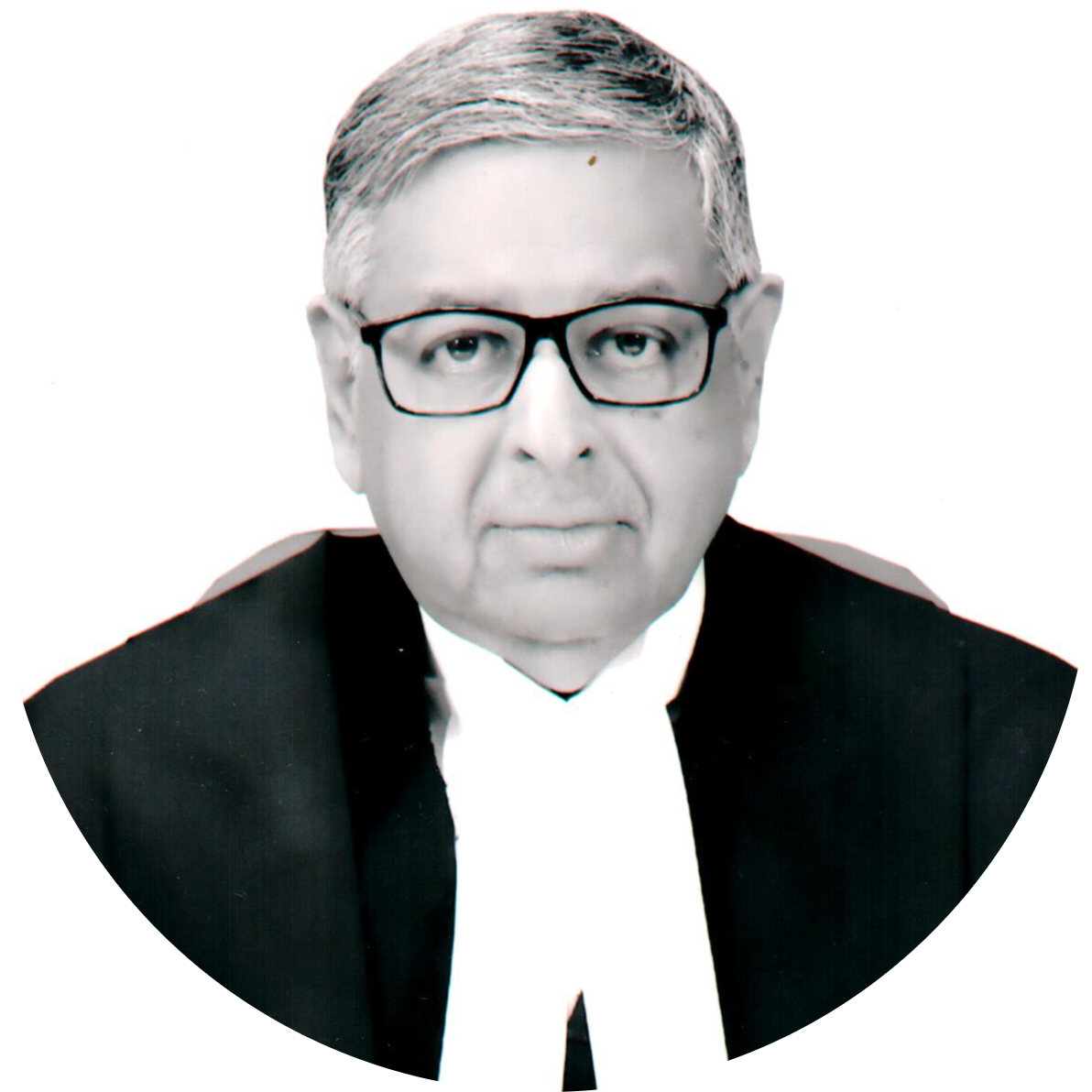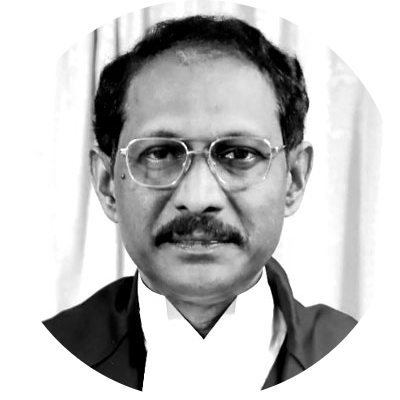Election Commission Appointments
Anoop Baranwal v Union of India
The Supreme Court held that a committee comprising the Prime Minister, the Leader of the Opposition and the Chief Justice of India will advise the President on appointments to the Election Commission of India until Parliament enacts a law on the subject.
Decided
Parties
Petitioner: Anoop Baranwal
Lawyers: Prashant Bhushan
Respondent: Union of India
Lawyers: Arvind Kumar Sharma
Case Details
Case Number: WP (C) 104/2015
Next Hearing:
Last Updated: May 26, 2023
Key Issues
Does the current process for ECI appointments violate the right to equality?
Does the current process for ECI appointments violate the right to free and fair elections?
Case Description
In January 2015, Anoop Baranwal filed a PIL on the ground that the current system for appointing members of the Election Commission of India (ECI) is unconstitutional. Currently, the Executive enjoys the power to make appointments, which the PIL contends has degraded the ECI’s independence over time. The PIL pleads for the Court to issue directions to set up an independent, Collegium-like system for ECI appointments. It claims that the current system of appointments violates Article 324(2) of the Constitution.
Article 324 specifies that while the Chief Election Commissioner and Election Commissioners will be appointed by the President, this is subject to Parliamentary law (if such law exists). While this provision places an expectation on Parliament to draft a relevant a law, it has not done so up until now. In the absence of such a law, the President has been making appointments as per the recommendations of the Prime Minister.
The Union has defended the current mechanism of appointments, citing the ‘honest record’ of all past Chief Commissioners. It has urged the Court to not intervene, submitting that the matter falls within the executive domain.
On 23 October 2018, a bench comprising Chief Justice Ranjan Gogoi and SK Kaul referred the matter to a five-judge Constitution Bench. On 6 January 2020, the Court tagged a similar petition by Ashwini Kumar Upadhyay to the matter.
After hearing four days of substantial arguments in November 2022, the Constitution Bench decided to change the process for Election Commission appointments in order to secure their independence. The Bench created a committee comprising the Prime Minister, the Leader of the Opposition in Parliament, and the Chief Justice of India. This committee will make recommendations and advise the President on Election Commission appointments until Parliament enacts a separate law on the subject.





